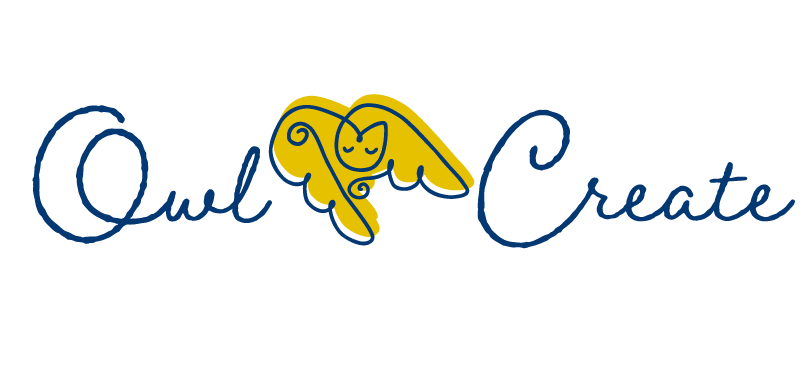The right next thing or the next right thing? I am one who notices how words and stories unfold. These two strings of words are not interchangeable. I wasn’t sure what it was at first. I just knew that sometimes one or the other flew out more naturally depending on the context. I’m also one who will go with a line just because it feels right. You may have noticed that I say “if it feels right” a lot around here. This is because noticing what feels right, not necessarily what feels comfortable or easy, is an essential part of my creative living practice.
Before I could say what feels right, I had to connect with what I feel. The good. The bad. The ugly. The neutral. It wasn’t so long ago that I was one who could not have told you what feels right. If asked, “does that feel right to you?” I would have issued an abrupt and offensive “I don’t know” or perhaps an apprehensive shrug and furrowed brow because obviously I should know how it feels and if I don’t then that’s bad. If instead of the question, I was offered to follow an instruction or invitation “if it feels right,” then I would promptly launch an investigation of the motives behind this invitation to determine what the offering party wants from me–perhaps asking them directly or more likely letting my inner monologue take it away to fill in the gaps. Either way, there would have been little to no actual assessment of how I felt about it at all.
My internal wiring was all tangled up with threads of stories and attachments so messy that I couldn’t even make sense of the question or instruction. It made it hard to advocate for myself as a patient with chronic health issues within our American healthcare system and as a parent of kids with specific considerations within our public education system and even as a partner in a loving marriage. *
*There’s a lot to unpack in these lines, and some might recognize this context as trauma. I’m a living testament that trauma recovery is possible. I got the support I needed and broke the cycle. I’m a huge advocate for figuring out and getting the support that is right for you. For trauma, I know that having a skilled, trauma-informed practitioner is a game-changer. It wouldn’t feel right for me to skip right over this tidbit. It’s too important.
Even now, as I navigate more common blocks, sometimes I hit that resistance where I don’t know what feels right. Then what?
Martha Beck hosts a podcast called “the gathering room,” and this week she shared that when we don’t know what to do we must “pull over and calm down…and go to the place beyond fear.” The idea is a little different. Not knowing what to do isn’t the same as knowing what feels right, right? But in a way, this process that I’ve been practicing looks a lot like Martha’s advice.
• I get tangled up in a thing, and I’m in the fear place about to ‘eat or get eaten’.
• I call a time out for myself. It might be a micro-time out, just long enough to access that place of calm beyond fear. Standing in the sand with the ocean stretched out before me and the “endless yes of the horizon.” Swaying with the natural rhythm of the waves and feeling a universal connection that I can’t logic my way into.
•I emerge from that stillness with something figured out. Some tiny thing. A next right thing. Or maybe a right next thing. It’s not always logical. It is always creative.
Where does this land for you? What is your relationship with the phrase “if it feels right”? Where do you find calm beyond the fear? I’d love to hear from you. Drop a line in the comments, send me a private email or book a curiosity call if it feels right.


As a faith practitioner, I find that the concept of “right” is complex. My own blocks happen when I’m stuck on my questions: “What is right?” “Is the context righteousness? “Is it about justice? “Does right mean kind?” I’ve also found that walking a labyrinth helps center and ground me in the nature of the question and my feelings related to it. I’m interested in hearing more from Martha Beck!
Thank you for opening a space for us to ponder.
We have had many conversations where your questions elicited a very uncomfortable “I don’t know” response. You would always tell me that it’s okay, just allow the question to exist. And I wouldn’t understand that either. Approaching yourself with gentleness and curiosity doesn’t have to look like a self-grilling situation. It’s okay to ask a question and leave it unanswered…sometimes just asking the question is enough. That is what I’ve learned. I may actively forget the question, but for sure my subconscious is hard at work unraveling that question and figuring out what feels right. You have been an instrumental part of my journey in understanding myself and I continue to absorb from you every day. Your testament is a strong one. An inspiration. The thing I notice and I love about your practice is…you have a tendency to guide without making the person feel guided. You’re like the wind in the sails and your clients get to decide how to steer their own ship. It’s beautiful.